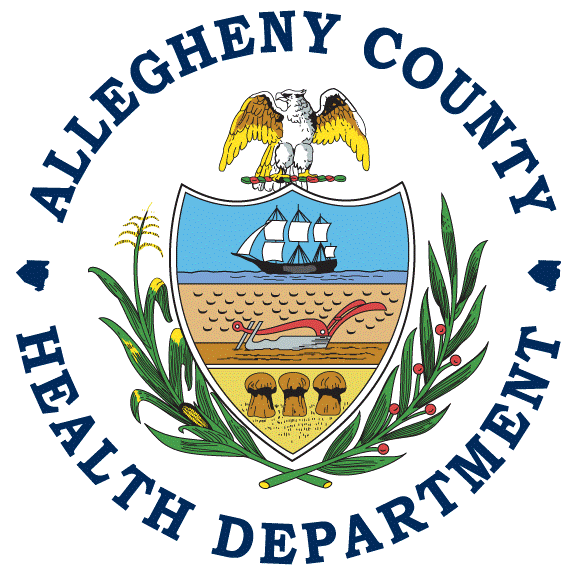
You don’t have to look far to find a School of Public Health (SPH) graduate among the people working within the Allegheny County Health Department (ACHD) to ensure the well-being of western Pennsylvanians.
"The school really is a feeder institution," says LuAnn Brink (EPI '99), PhD, a 12-year ACHD veteran and chief epidemiologist since 2014. Brink supervises the county's Bureau of Data Reporting and Disease Control and oversees surveillance programs, including infectious diseases and family and child health.
Brink is one of 21 Pitt Public Health graduates at ACHD, accounting for nearly 7% of all agency employees.
Earl Hord (EPI ‘19), MPH, credits his summer internship as a data analyst in the county’s Department of Human Services (DHS) with sharpening his determination to finish his graduate degree and land a good job. “I’ve always been interested in social issues,” says Hord, whose DHS work focused on the intersection between housing insecurity and substance use. Now he manages the health department’s opioid overdose surveillance program. “We approach it from a standpoint of harm reduction,” he adds.
After nearly a year as a member of Hord’s team, Amina Chtourou (EPI ‘21), MPH, begins a two-year program in July as a Presidential Management Fellow at the National Cancer Institute (NCI). Many of those who’ve completed the presidential leadership development and training fellowship have gone on to become world-class administrators, scientists and top-level leaders across the National Institutes of Health and elsewhere in government. “The health department has been the perfect place for me to learn and grow, and Earl’s been a great mentor,” says Chtourou.
Brink’s path to a public health career started taking shape in an environmental chemistry class, when the group examined adverse health effects experienced by residents living near a train derailment and hazardous materials spill. “I asked the professor, ‘Who does that?’” A fascination with reading the U.S. Centers for Disease Control and Prevention’s Mortality and Morbidity Weekly Report in the school library cemented her interest in environmental epidemiology—an interest she continues to pass along as an adjunct assistant professor of epidemiology at SPH.
Annie Nagy (IDM’ 10) MPH, has worked with many Pitt Public Health students in her role as an ACHD training and workforce development specialist. “They really help to boost the work that we can do in the community,” she says, adding that students often base their MPH theses on ACHD summer internship projects.
Some of this year’s projects focus on health equity and policy, rural health, rabies surveillance, immunizations and chronic disease interventions. “It gives students an opportunity to learn about public service and really fulfills a need,” Nagy says.
Fundamentals learned at Pitt Public Health are a backbone of ACHD operations, adds Brink. “With the pandemic, the first thing we had to do was describe the population, she says, using methodology similar to the school’s Epidemiology 101 course.
Perhaps the biggest advantage of a Pitt Public Health education is the networks and relationships they built along the way, alums Brink, Chtourou, and Hord say, mentioning faculty mentors like Evelyn Talbott, Jeanine Buchanich, Anthony Fabio, Nancy Glynn, and Candace Kammerer – to name a few.
“The people there want to help you get to where you want to be,” says Chtourou. “I don’t think I’d be where I am today, going to the NCI, without going to Pitt and working at ACHD.”
6/15/2022